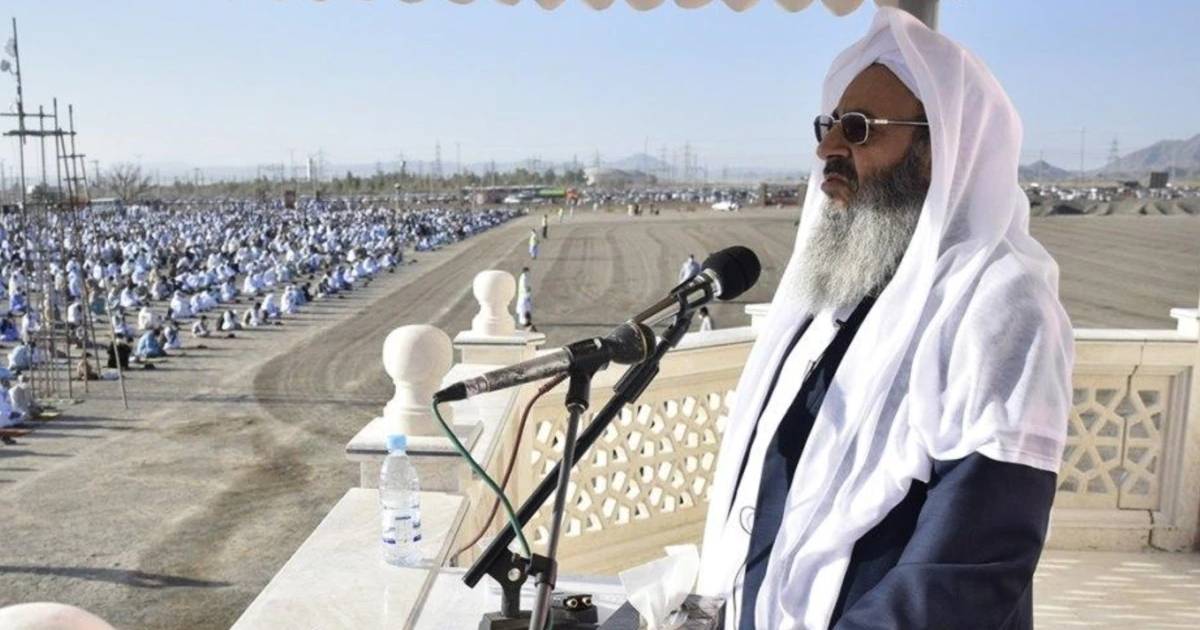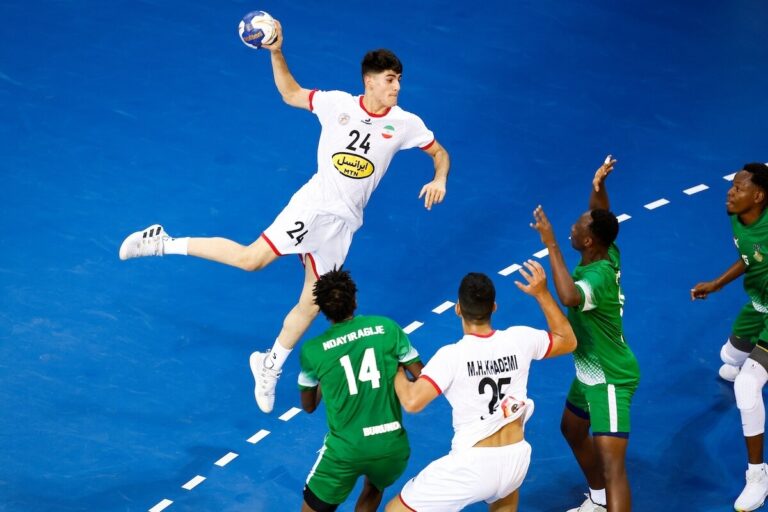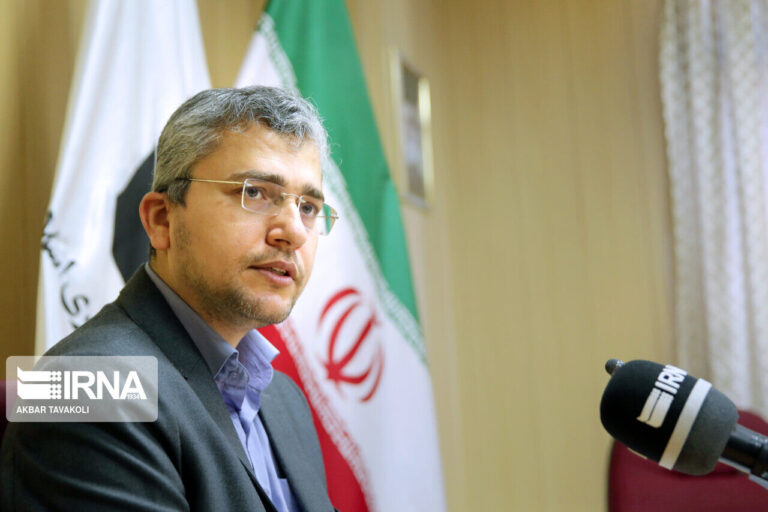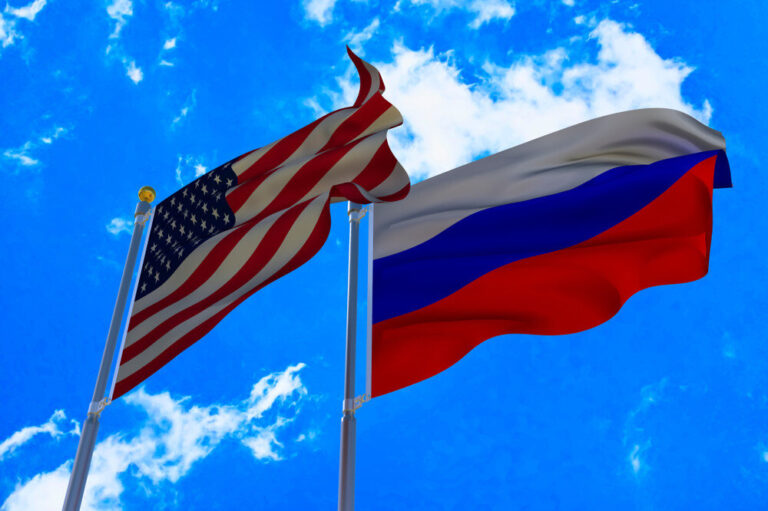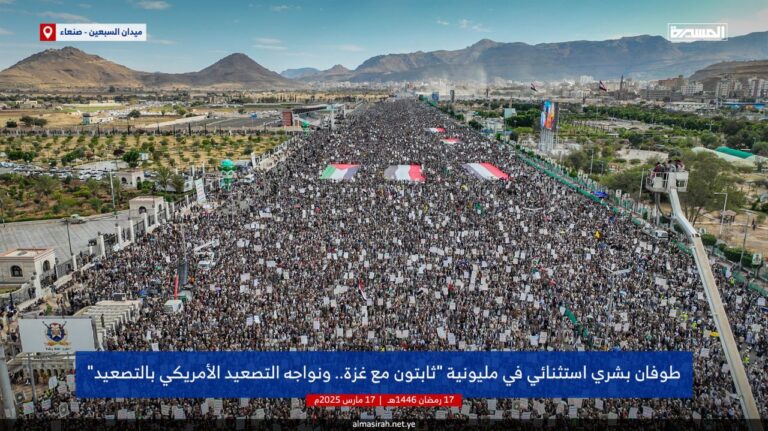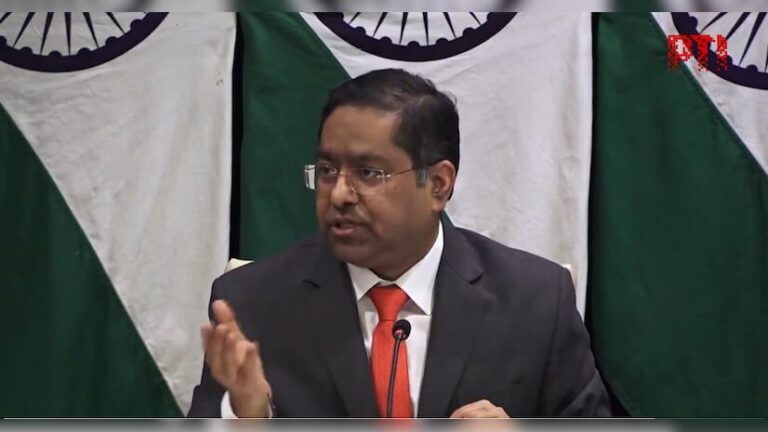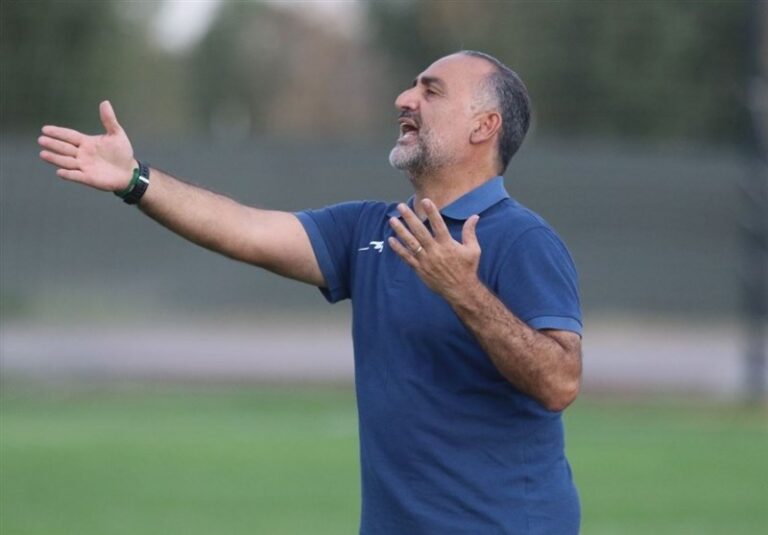Iran’s Leading Sunni Cleric Calls for Direct US Dialogue, Challenging Supreme Leader’s Stance
In a significant development, Iran’s most senior Sunni leader has expressed that direct negotiations with the United States and other global powers would yield better results than relying on mediators. This statement presents a bold challenge to the authority of Supreme Leader Ali Khamenei and highlights the ongoing complexities of international relations involving Iran.
Mowlavi Abdolhamid Ismaeelzahi, who made these remarks after leading the Eid al-Fitr prayers in Zahedan, stated, “In my opinion, direct negotiation is more effective.” He emphasized that intermediaries often struggle to adequately defend the country’s interests and address the concerns of the opposing side. Abdolhamid asserted that “the person with the pain and the problem can speak better and achieve a better result.”
This Sunni leader has gained notoriety for his unflinching opposition to the Iranian government. His comments came in response to recent threats from US President Donald Trump, who warned of potential military action against Iran should it fail to agree to a new nuclear deal. Abdolhamid stressed the necessity of adapting policies to promote progress and improve international relations, stating, “The success of all developed and developing countries and nations is the result of creating change, transformation, and innovation in laws and policies.”
Abdolhamid’s advocacy for direct dialogue starkly contrasts with the official stance of Supreme Leader Ali Khamenei. Earlier that same day, Khamenei publicly rejected the idea of direct negotiations with the United States while indicating that indirect talks might still be a possibility.
During a televised speech, Khamenei issued a stern warning to the US, vowing a “strong blow” in response to any aggressive actions, including Trump’s bombing threat. As he spoke, supporters in the crowd chanted, “Death to America.” This sentiment was echoed by Friday prayer leaders across Iran, who, as representatives of Khamenei, have condemned the threats from Trump.
Mohammad Mehdi Hosseini Hamedani, Khamenei’s representative and the Friday prayers leader in Alborz province, reinforced this message on Monday by stating, “Our response to the heavy bombing threat is the repetition of the slogan ‘Death to America.’”
President Masoud Pezeshkian has also echoed Khamenei’s rejection of direct discussions with Washington but remains open to the possibility of indirect negotiations. He elaborated, “The response by the Supreme Leader to Trump’s letter was delivered to the US contact in Oman,” and noted that while direct negotiations were off the table, Iran has historically engaged in indirect talks.
Meanwhile, several economic and political figures in Iran have voiced concerns that failing to engage with the US could exacerbate the nation’s ongoing crisis. Notable figures, including Khamenei’s senior adviser Ali Larijani and leading economists in Tehran, have urged policymakers to seek a resolution with Washington to alleviate the sanctions that have severely impacted Iran’s economy.
Earlier this year, President Trump reinstated his “maximum pressure” strategy against Iran. This approach, which began in 2018 during his first term, has significantly damaged Iran’s economy, leading to a sharp decline in oil exports and soaring inflation.
The contrasting views on negotiation strategies highlight the deep divisions within Iranian leadership regarding how to handle relations with the US. While some advocate for direct engagement to resolve issues, others cling to a more confrontational approach, emphasizing national sovereignty over diplomacy.
In the face of economic hardship and international isolation, the Iranian leadership’s response to external threats remains critical. The ongoing debate about the best path forward—whether through direct negotiations or maintaining a hardline stance—will likely shape Iran’s future relations with the United States and influence the broader geopolitical landscape.
As the situation develops, it will be crucial to monitor the reactions from both Iranian officials and the US government to see how these contrasting approaches to negotiation will play out on the world stage.
